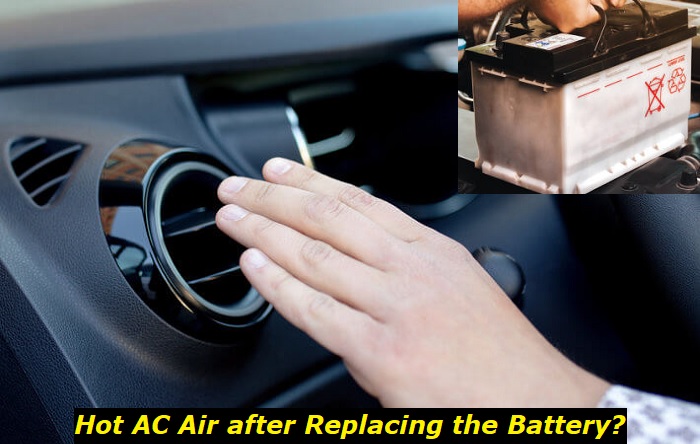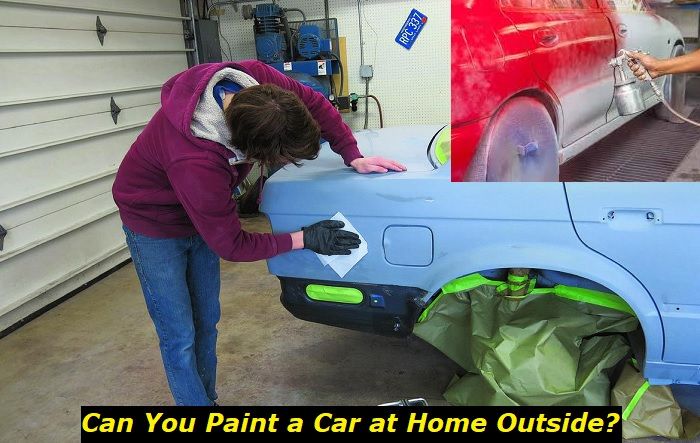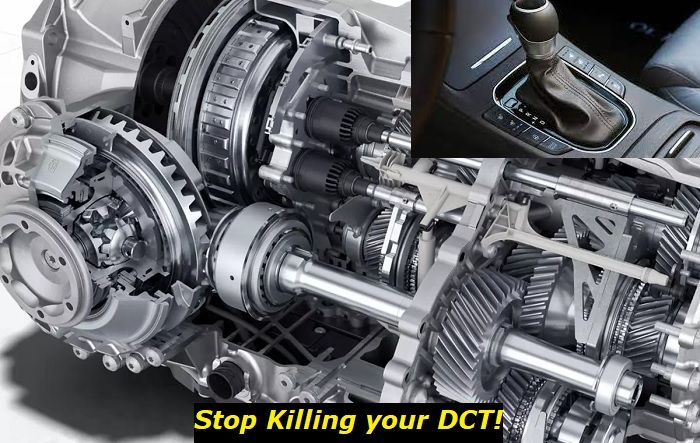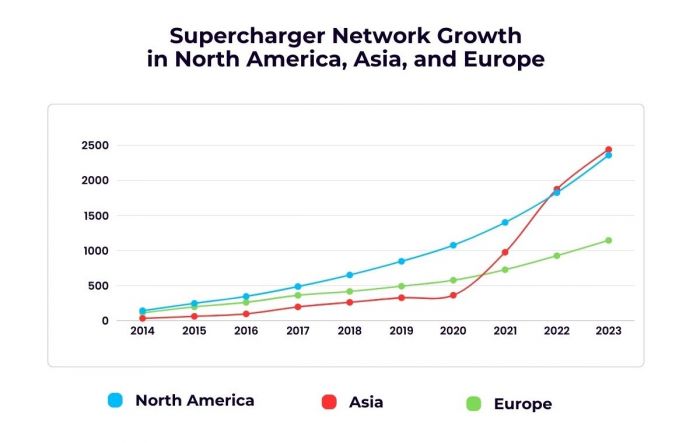It can be frustrating if you just did a DIY or you just brought your car to the mechanic for repairs only to discover that the work done only gave way to more problems. Not only will it cost you additional repairs or parts replacement, but it can also take up much of your time repairing the new problem or driving to the workshop again and waiting for your auto to get fixed.
Dead car battery replacement highlights
- Critical voltage:less than 10 volts
- Average battery age:4-5 years
- Tools needed:set of wrenches
- Timeneeded:15 minutes
- If done incorrectly:electronic glitches, frying ECU, no crank-no start
- DIY fix:possible
- How much to fix?$150 - $250

Most Likely Causes of the Problem
Many things can be at play in this given situation because we are looking at a possible problem in either the electrical or air conditioning system of your auto. It is also likely that both are at fault here.
If you are experiencing cooling problems in your AC just after replacing your battery, here are the things that may be causing it:
1. Incorrect Battery Installation Procedure
Remember when we used to tell you that whenever you are disconnecting your battery to reset an electrical glitch, always start by removing the negative cable? Or when installing a battery, start with the positive cable? A good reason why we are always emphasizing these is to prevent a possible shorting.
The shorting can happen if the positive cable will come in contact with anything metal while the negative cable is still connected. It can result in a condition in which electrical charges travel through an air gap between two electric conductors. This jump produces a spark, which is known as arcing.
Arcing can affect your vehicle in different ways. First, a serious instance could cause the electrical system of your car to go haywire. Another thing that could happen is that the sudden surge in electric power can damage the components of your engine bay. Lastly, if the flammable parts are exposed to the sparks, then that's a fire waiting to happen, which can lead to a write-off for your car.
So, if you are having problems with your air conditioning system after a new battery had just been installed, one of the reasons why this could be happening is because of an improper installation procedure. Specifically, if the negative cable was not disconnected first before removing the positive cable of the old battery or if the negative cable was clamped first during the installation of the new battery and the arcing has caused damage in one or more parts related to your air conditioning system, electrical system, or other vital components of your car. It's also possible that the mishap has resulted in overheating that's why your AC is already blowing hot air.
If you recently had your battery serviced or changed, and now your AC is no longer cooling, the problem could be related to the work. At the first sign of the problem, we highly recommend turning off your vehicle and immediately calling for help from a qualified mechanic or technician.
Try to disconnect the battery of your car to prevent the flow of electricity within the system of your auto until the issue has been resolved. Again, remember to detach the negative terminal first before the positive terminal to prevent arcing. Don't forget to wear protective equipment like insulated gloves to prevent shocks along the way.
2. Evaporator Temperature Sensor Failure
Among the components in your vehicle that can fail during electrical surges are its sensors. One of the important sensors in your car's air conditioning system that will most likely take a hit here is the evaporator temperature sensor.
The evaporator temperature sensor is a part of the air conditioning system that helps control how cold the air will be. When the part fails, it will often cause the AC to blow hot air.
There are a few ways to tell if your evaporator temperature sensor is failing. One is to simply check the temperature of the air that's coming out of your AC vents. If it's warmer than usual, then there's a good chance that the sensor is malfunctioning.
Another way to tell if the evaporator temperature sensor is failing is to use a multimeter tool. This will help you test whether or not the sensor is sending accurate readings to the AC system.
If you find that the evaporator temperature sensor is indeed failing, then there are a few possible solutions. One is to simply replace the sensor with a new one. Another solution is to clean the sensor and its connections. This will help to improve its precision.
Keep in mind that the evaporator temperature sensor is a vital part of your car's AC system. If it's not working properly, then it can cause a lot of problems. Therefore, it's important to diagnose the problem as soon as possible and take care of it accordingly.
3. Faulty Relay
One more part that can fail due to electrical problems in your vehicle is the air conditioning system relay. The AC compressor relay is responsible for providing power to the AC compressor and clutch. If this relay fails, it can cause your AC system to stop working entirely.
There are a few ways to tell if your AC relay is failing. One way is to simply listen for a clicking noise when you turn on your AC. If you hear this noise, it's a good indication that the relay is failing.
Another way to tell if the relay is failing is to check the voltage at the compressor with a multimeter. If the voltage is low, it's an indication that the part is not providing enough power to the compressor.
Moreover, if your AC system suffers from intermittent power, the relay is likely the culprit. However, other potential issues could be causing the problem, so it's best to have your vehicle diagnosed by a professional to be sure.
There are a few possible solutions for a failing AC relay. One solution is to simply replace the relay. Another solution is to clean the contacts on the relay if they are just dirty. This can be done with a contact cleaner or by using sandpaper.
If your AC system is still not working after trying these solutions, there is likely a more serious problem with your AC system and it will need to be repaired by a professional.
4. Compromised Compressor
There's a good reason that the compressor of your air conditioning system may have been compromised, too. A bad AC compressor can trigger a variety of symptoms in your car.
The most common symptom is that the air conditioning will not blow cold air. In some cases, the compressor may make strange noises or leak fluids.
If you suspect that your AC compressor is failing, it is important to have it diagnosed by a professional as soon as possible. When your compressor is already displaying burn marks in its body or terminals, then it may have been shorted during the electrical surges. In this case, the only way around this is to have it replaced.
5. Burnt Fuse
The fuses are normally the first ones to go when there are electrical problems in vehicles. A bad fuse can cause all sorts of problems, including a potential malfunction in the way that your air conditioning system operates.
To detect a faulty fuse, you can use a visual inspection or a multimeter. If you're using a multimeter, test for continuity between the two points of the fuse. If there's none, then the fuse is most probably blown and needs to be replaced.
The solution to this problem is to simply replace the fuse with a new one. Make sure you get the right size and amperage for your vehicle.
6. Damaged Condenser
A condenser in a car's AC system cools and compresses the refrigerant. If the condenser had been damaged by the aforementioned arcing event, it can cause hot air to blow from the AC vents.
To check for signs of issues in this part, visually inspect the condenser for signs of leaks, burns, or damage. Likewise, you can also use a multimeter to test the condenser for continuity. If the terminals or relays of the condenser are showing signs of damage or the continuity test fails, it will need to be replaced.
Conclusion
There are plenty of other factors that may cause your AC to blow hot air. These include low refrigerant levels, refrigerant leaks, a loose AC belt, a worn AC belt, cooling fan seizing, dirt build-up, battery discharge, faulty alternator, and overheating engine, among others. However, we have only focused on the issues that can be directly linked to this particular condition, which specifically starts just after replacing your car battery, in order to streamline your search for the most relevant answers in this given situation.
Regardless of the reason, electrical problems in a vehicle should never be taken lightly. So, if any of these occurs just after you have changed your battery, immediately seek help from a professional to prevent the issue from blowing out of proportion, which could lead you to more trouble and expensive repairs in the foreseeable future.
About the authors
The CarAraC research team is composed of seasoned auto mechanics and automotive industry professionals, including individuals with advanced degrees and certifications in their field. Our team members boast prestigious credentials, reflecting their extensive knowledge and skills. These qualifications include: IMI: Institute of the Motor Industry, ASE-Certified Master Automobile Technicians; Coventry University, Graduate of MA in Automotive Journalism; Politecnico di Torino, Italy, MS Automotive Engineering; Ss. Cyril and Methodius University in Skopje, Mechanical University in Skopje; TOC Automotive College; DHA Suffa University, Department of Mechanical Engineering






Add comment